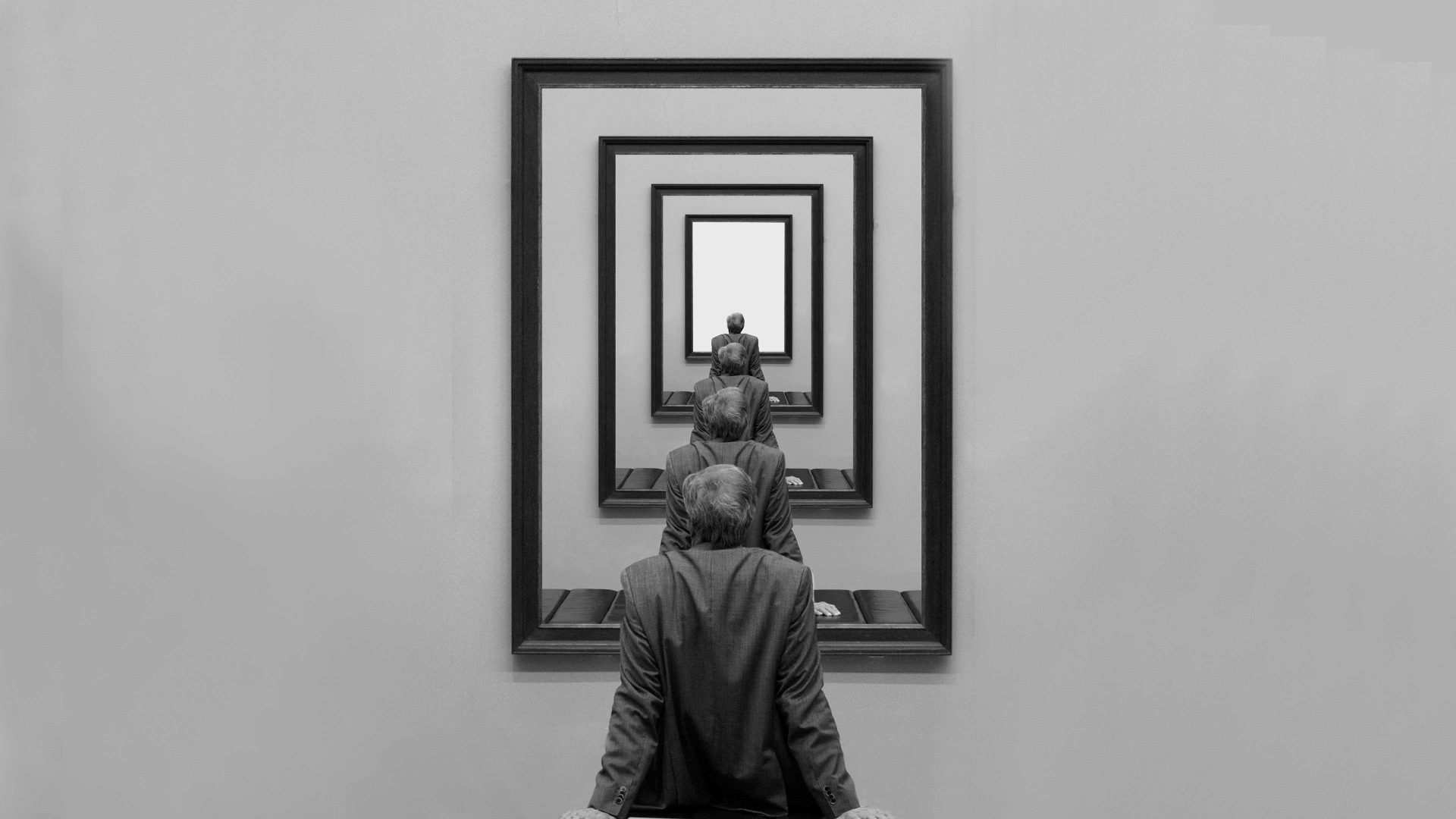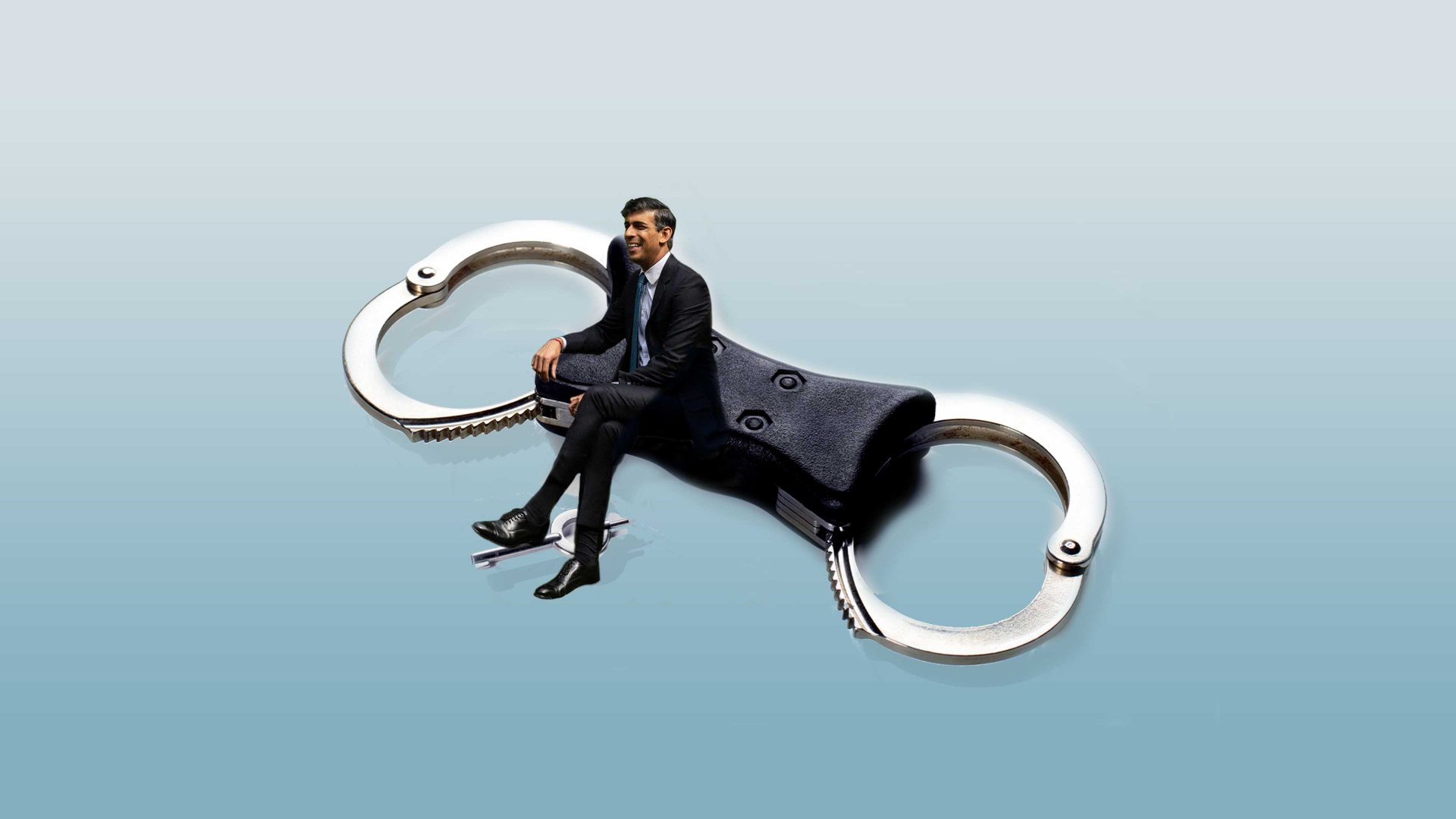In an article on the BBC website, the journalist Ellie House asks, “How did Netflix know I was bi before I did?” While in the second year of university she realised she was bisexual, but, disconcertingly, Netflix had already started recommending films and programmes with bi characters and lesbian storylines several months before that.
The videos didn’t make her bisexual – rather Netflix’s system appeared to have drawn conclusions that she later realised were accurate. It seemed to have more insight into her sexuality than she did. Spotify did something similar when it recommended a playlist to her described as “sapphic”. The algorithms these sites use picked up on tells that House had missed (though obviously not everyone who enjoys watching films with bisexual characters or listening to sapphic music is gay or bisexual). But should we be surprised that we sometimes reveal things about ourselves that we don’t know at the time?
“Know Thyself” was inscribed on the ancient Temple of Apollo at Delphi. Although it originally meant something like “know your limits”, over time this came to be understood as an exhortation to know your inner self, know what you truly are, know your soul. Philosophers latched on to that and made it a motto.
But perhaps knowing yourself in this sense isn’t so easy. When in the 18th century Jean-Jacques Rousseau wrote his Confessions, his long and revealing autobiography, he declared in the preface that he was giving an accurate picture of his character and its development: “Here is the only human portrait, painted exactly from nature and in every respect true, which exists and which, probably, will ever exist,” he wrote.
David Hume, who, after helping Rousseau to find refuge in Britain fell out with him, had a somewhat different view of what this philosopher was capable of. In a letter to the Comtesse de Boufflers, he wrote: “I believe that he intends seriously to draw his own picture in its true colours: but I believe at the same time that nobody knows himself less.”
Hume claimed to know something important about Rousseau that Rousseau didn’t know, namely that he lacked self-knowledge. But was Rousseau exceptional in not knowing very much about himself? I doubt it. The default assumption for most of us is that we know far more about what we like and want than anyone else possibly could. But perhaps that’s wishful thinking.
One view of the mind is as a chamber in which the secrets of our personality and true desires are locked, only to be shared occasionally, and then only when we choose to share them. On that view, the contents are completely transparent to us but are hidden from others. That’s a misleading picture, though. A great deal of what we do we do unreflectively, without conscious awareness of what we are doing, or of what’s driving us. We might or might
not be able to bring this to consciousness afterwards. Others may see more of what’s going on than we do, because our desires and behaviour are intimately linked.
Sigmund Freud thought humanity had suffered three great blows to its narcissism. The first was the Copernican revolution, which showed us that the Earth wasn’t the centre of the universe. The second was the Darwinian revolution, which made clear that human beings weren’t separated from the rest of the animal kingdom but were part of it. The third, the Freudian revolution, was the realisation that the conscious mind was not in the driving seat, that we have only indirect indications of our unconscious motivations and desires. Our true desires emerge in coded form in dreams, in slips of the tongue, and in other aspects of our behaviour.
If you accept Freud’s insights, it’s easy to see how a pattern of video-watching could hint at aspects of a viewer’s character and sexual orientation that she had not herself appreciated. When you combine that with another Freudian aperçu, that we are often motivated to repress what is really driving us, then the idea that our sexual desires could be more legible to others than to ourselves becomes far less mysterious.
That a machine should be drawing out these implications by sifting patterns of correlation though, rather than another person doing this via intuition and observation, is a new development. As House has pointed out, regardless of whether it’s accurate, this pattern-recognition is a dangerous development for people who live in countries where homosexuality is illegal or persecuted. Gaydar (always unreliable) has just gone algorithmic.



